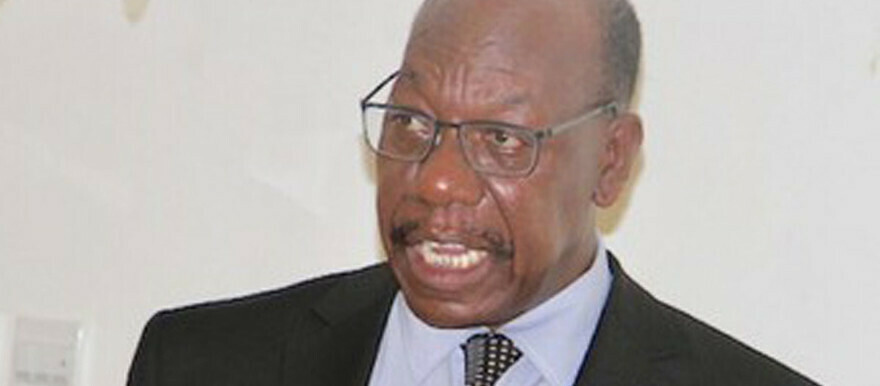In a clear and decisive statement on Thursday, the Reconstituted Joint Monitoring and Evaluation Commission (RJMEC) has urged the key stakeholders of the peace agreement to engage in dialogue regarding the way forward, especially concerning the upcoming elections scheduled for December of this year.
The RJMEC, established under Chapter VII of the Revitalized Agreement on the Resolution of the Conflict in the Republic of South Sudan (R-ARCSS), has the responsibility of monitoring and overseeing the implementation of the peace agreement.
This entails ensuring that all parties involved adhere to agreed timelines and schedules, and overseeing the mandate and tasks of the Revitalized Transitional Government of National Unity (RTGoNU).
“Given the approaching end of the extended transitional period, several critical tasks remain unimplemented, and important bodies such as the Political Parties Council (PPC), the National Elections Commission (NEC), and the National Constitutional Review Commission (NCRC) lack funding with no clear timelines for progress,” stated RJMEC.
The Commission emphasized, “With elections just nine months away, the Republic of South Sudan requires clarity from the RTGoNU on its plans to expedite and complete the necessary pending tasks for conducting free, fair, and credible elections in December 2024.”
“In our engagements with all key stakeholders and institutions and mechanisms of the R-ARCSS, it is evident that clear and actionable political guidance from the RTGoNU Executive and the Parties to the Agreement is needed, without further delay. Urgent dialogue among the R-ARCSS Parties is therefore the most expedient approach to address the current political situation,” explained RJMEC in its statement.
The statement reiterated the importance of parties engaging in open and constructive dialogue for the way forward on elections, stressing the need for collegiality and consensus.
Against this backdrop, RJMEC pointed out that, in accordance with Article 7.10 of the Peace Agreement, it has communicated with the RTGoNU, emphasizing the significance of inter-party consultations and constructive dialogue. This effort aims to chart a viable path forward within the framework of Article 1.9.1 of the R-ARCSS, which emphasizes the necessity of collegial collaboration and continuous consultations within the Presidency.
Expressing confidence in the implementation and successful conclusion of the R-ARCISS, RJMEC stated, “Even though implementation has not progressed according to the Roadmap timelines, it is nonetheless possible to make important strides in the coming months by undertaking various tasks as stipulated in the R-ARCSS. This will serve as a clear demonstration of the political goodwill needed to move forward while engaging in dialogue.”
A revitalized peace agreement was reached in September 2018, but South Sudan has never held elections as government officials have postponed them multiple times. Elections are scheduled for December 2024, but the United States, United Kingdom and Norway say the government hasn’t built up the structure necessary to hold free and fair elections.
Over the past few weeks, the State Department has imposed visa restrictions related to South Sudan’s political instability and repression of activists and dissidents.




